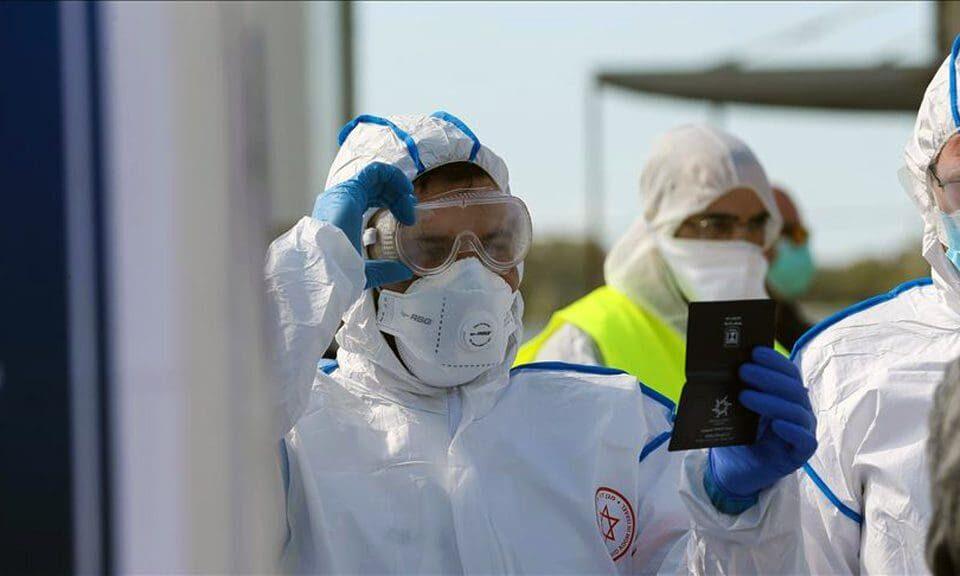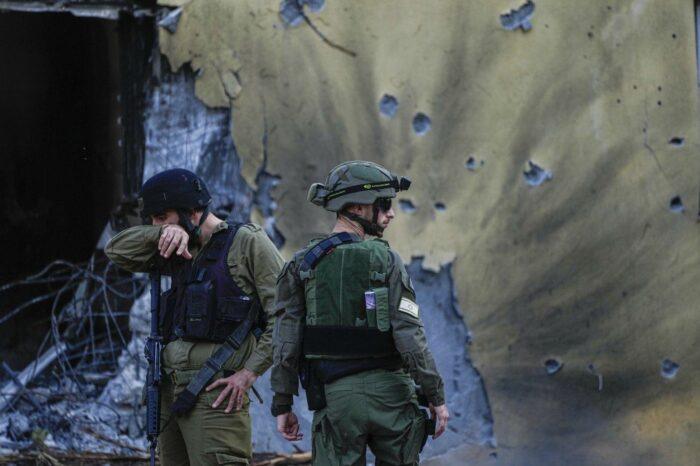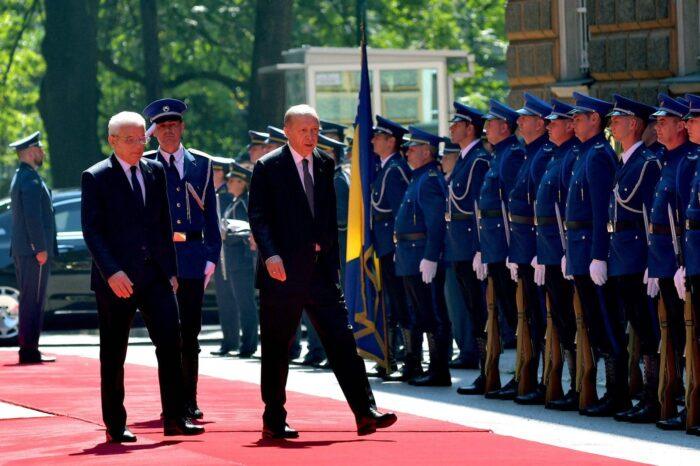The Pandemic that Haunts the World

Since the emergence of the coronavirus epidemic in different parts of the world, many have argued that the response of this epidemic will influence various dimensions of the international system. There were debates about international actors and organizations and their potential role during this epidemic. In this column, for instance, the potential impact of the World Health Organization (WHO) will be discussed.
Now with the rapid spread of coronavirus throughout Europe and the U.S., the debates have reached a new level. The rapid spread of the disease in Italy has especially brought the issue to the world’s agenda. Until the virus hit Italy, many considered the coronavirus a threat that could only impact people who visited the epicenter of the disease, Wuhan city. However, after the emergence of a new wave in Europe, it was considered a more significant problem to deal with. With the announcement from the WHO that the disease is now a pandemic, we have entered a totally new phase that has two dimensions.
First of all, the WHO has failed to alert the international community about the potential risk this disease can create for people in different parts of the world. The authorities of the WHO did not act quickly enough to declare the disease as a public health emergency. The statements of the head of this international body during the press conferences gave the impression that the disease and its spread is under control. It took months to decide whether to declare the disease a pandemic.
In the meantime, national governments around the world started to take measures themselves. It was not clear for the public if there was active cooperation between the health officials in their countries and this international body. With the failure of some of the national governments, there was no one for the public to trust. In the midst of this crisis, there will probably not be much debate about the function of the WHO, but it is very clear that in the aftermath of this threat there should be a serious assessment of the role of the WHO.
Secondly, related to this discussion there is a resurgence of debate about globalization. The immigration and refugee crisis and increasing protectionism in internationalism have already raised these issues in the last few years. However, with the coronavirus pandemic, the debate has now come to a new level.
On the one hand, the nationalists and those who supported erecting walls along the borders started to argue that the coronavirus demonstrated that there should be some form of border control to stop the spread of these diseases. It is the same argument that was raised during the spread of SARS around the world and the emergence of the threat of transnational terrorism, especially in the aftermath of the 9/11 attacks in the U.S.
Particularly, U.S. President Donald Trump’s decision to stop flights from some of the European countries was supported by these groups. Thus even though the threat is a global one, the national solutions were considered as more essential to deal with it. On the other hand for the “globalists” the emergence and spread of the coronavirus demonstrated the need for transnational cooperation among the countries and global scale coordination among the nations in order to deal with such threats. The threats such as epidemics necessitate cooperation among scientists and researchers from different backgrounds and exchange of know-how and data that were acquired by different nations.
These debates in the coming days will generate an extensive questioning of the international order and can bring a new assessment of the international system. The role of national governments and international organizations will be re-evaluated in this new phase.
This article was first published by Daily Sabah on March 14, 2020.























